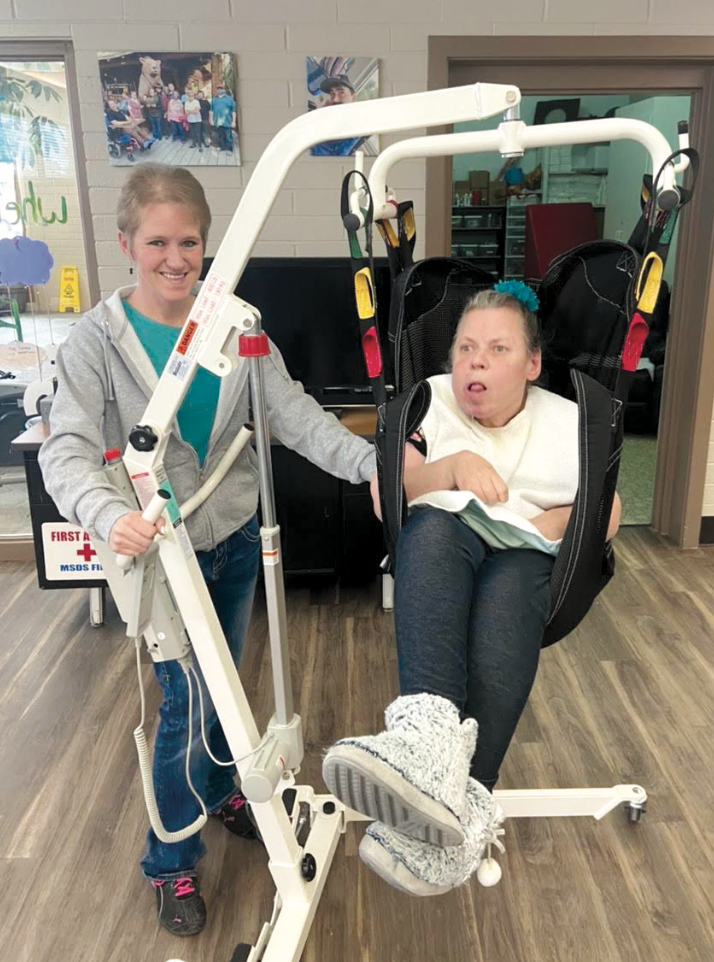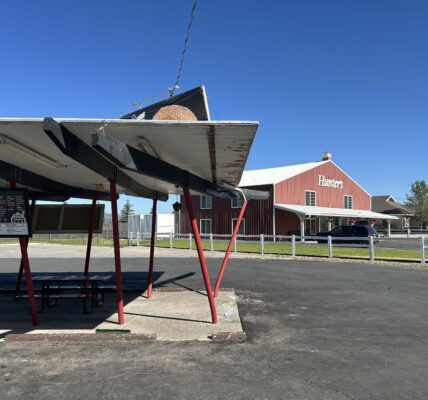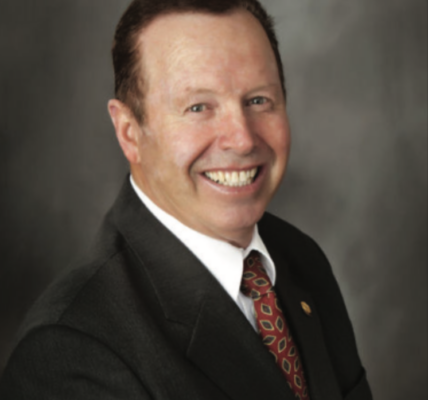
Lincoln Self Reliance, a local, government-funded provider of care services to families and individuals who face physical, emotional and intellectual disabilities, is experiencing the current nation-wide labor shortage on a level that risks the survival of a critical service to the Star Valley community.
According to LSR Director, Darrel Skinner, the not-for-profit service provider has been operating with reduced staff for over a year and is coming dangerously close to reaching a staff to client ratio that will prohibit the team from being able to provide service to all the community members who need them.
“We provide home and community-based Medicaid waver services,” explained Skinner in an interview with SVI Media last week. “To do so, we have to meet criteria that the state sets. These criteria include a certain staff to client ratio. Right now, we are sitting at nine vacant staff positions just in Star Valley. Those are critical positions to help us staff our residential homes and meet the state’s criteria to be able to keep our clients and our services.”
Having received notice that even more staff members are intending to leave the organization in the next few weeks, LSR is finding itself in a position where they may, due to state criteria, be forced to give notice to families and individuals that they serve, that their loved ones with disabilities will need to find a different service provider. LSR is the only not-for-profit provider of these services in Lincoln County. This would mean that families will need to find care services for their loved ones away from Star Valley and away from their families.
“We are here for the community,” said Skinner. “When we first came and started our programming here and offered the 24-hour residential program, there were families that had children that were placed outside of the community, and because we brought the services here, those individuals were able to return and be closer to their families.”

LSR doesn’t have the luxury that most businesses have. In the private sector, businesses can simply increase the cost of their goods and services in order to offer a more competitive wage and draw more applicants to their organization. LSR operates on a budget established by the state and must function within those boundaries.
“We have increased our wages,” added Skinner. “We are starting people at $15 an hour with full benefits; Medical, Dental and Vision. We offer a 401K with a five percent match and a very generous Personal Time Off and Sick Leave package, and we just aren’t getting any applicants. This is putting us in a jeopardy situation where we can’t meet the state’s criteria anymore. Families will have to take their loved ones to other providers. There’s a high probability that the individuals we can’t serve will either end up in a nursing home or leave the area.”
Other incentives to working with LSR have included bonuses and paid travel opportunities as staff members accompany clients on trips for health benefits or community involvement. Clients have gone to Disneyland, Sea World, Mt. Rushmore, Alcatraz, Las Vegas, and on fishing excursions and cruises.
Skinner tries very hard to work with staff members to create a schedule that fits their family and personal needs. Typically, staff members have worked 12 hour shifts for three days, and then they have fours days off. This allows for some employees to find a second position elsewhere to build additional income. There is also an abnormal amount of over-time available right now.
Though LSR is not a medical facility, there is significant opportunity for staff to obtain exposure in the medical service industry. Staff members serve clients in all aspects of personal care, including passing medications.
“For people that want to go into the medical field, this is a great opportunity,” encouraged Skinner. “You get exposure in caring for somebody and get all levels of that exposure. It’s a broad spectrum of individuals that we support. We have clients that require complete care – personal care, hygiene care, bathing, showering, shaving, feeding, dressing – all the way through the spectrum to those that you wouldn’t even know have an intellectual disability.”
“We train our employees on everything,” added Skinner. “We have hours and hours of training. We do CPR certification and First Aid certification. We have a national crisis de-escalation training. We have a medication administration training we provide so that our staff are certified to pass medications. We offer client-specific training, Fire Safety, Blood-borne Pathogen, Dementia training and Seizure training. It’s all provided in- house. They show up and it’s paid training.”
Applicants need to be able to lift 50 lbs. because they are frequently called upon to reposition or assist clients into or out of chairs and beds. They also must complete a Criminal Background Screening and a Department of Family Services Screening. Beyond these expectations, there are no previous work or education requirements.
Though LSR is lobbying the legislature to receive increased funding, it’s a long and difficult process. To cover the cost of their recent increase in wages, they are drawing from some financial reserves, but that isn’t sound business practice and needs to be a short-term solution.
“If somebody wants a job doing something that is going to have a real impact of somebody’s life, this is it,” said Skinner. “If you want to leave work every day and say, ‘What I did today made a difference in somebody’s life,’ then doing direct support services for individuals with disabilities meets that criterion. The people that stay with us are the staff that realize they do make a difference by coming to work and helping someone have meaning and be able to access the community, to be engaged and have interaction. Because we can’t compete with the wages offered in the private sector, our staff that have stayed with us are here because they have connected with the clients. They have a relationship there and want to see them be successful.”
“This is critical,” urged Skinner. “If people in the community want these services to be available here and have this resource, they need to consider what they can do to help out. There are other providers in the community, but LSR is the only not-for-profit organization in Lincoln County providing this type of service. To lose this service is a great risk for an important part of our population.”





